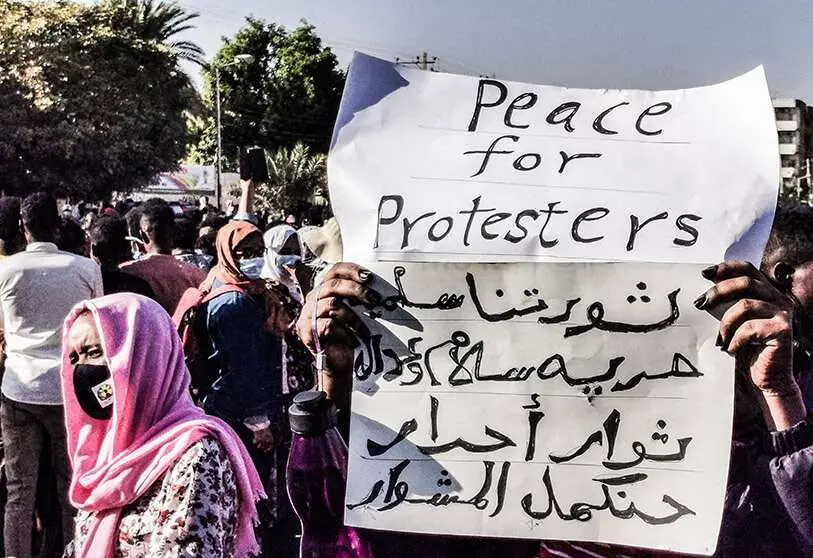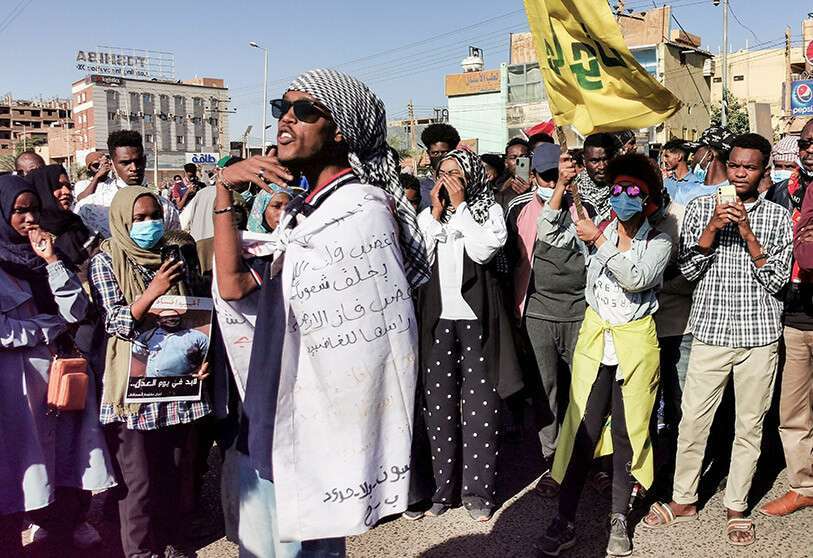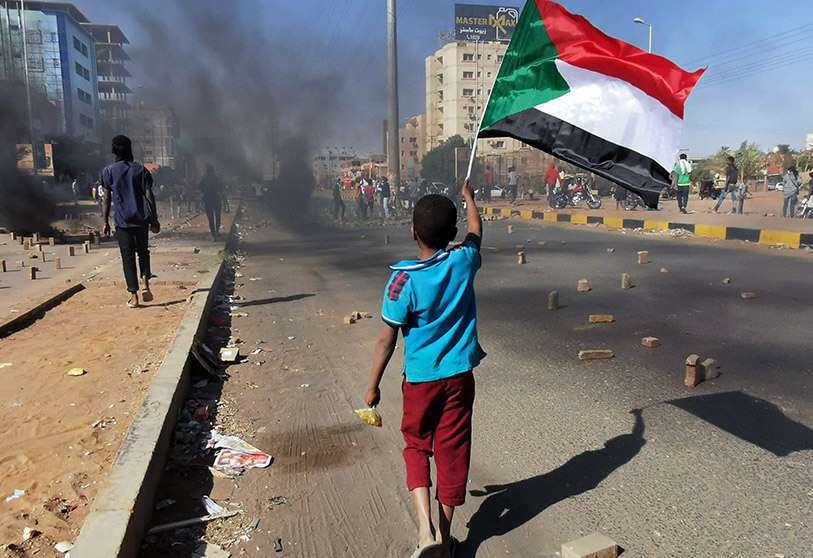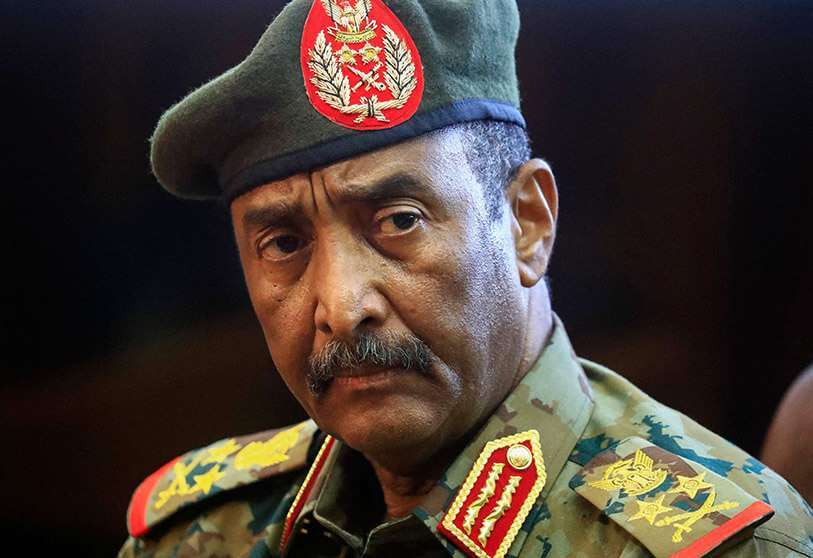US Molly Phee warns Sudanese army of "consequences" of increased violence

Three months have already passed since 25 October 2021, when Abdel Fattah Al Burhan, the leader of the Sudanese Army and President of the Sovereign Council of Sudan, led the coup d'état that would put an end to the hopes of a peaceful transition to democracy. The military insurgent movement, which had already been preceded by another attempt, irreversibly ended the Juba agreement, a pact signed in 2019 by an unprecedented alliance between the Forces for Freedom and Change (FFC) and the Military Council.
Since then, the already critical situation in the country has worsened considerably. Mass demonstrations by Sudanese citizens, as well as arbitrary arrests, attacks on journalists and the media and abuses perpetrated by the armed forces and the police - as denounced by the United Nations - are some examples of the climate of tension that has gripped the country in recent weeks.

Against this backdrop, US Vice President of State Molly Phee met last week in Sudan with the new Special Envoy for the Horn of Africa, David Satterfield. In a meeting aimed at reinstating dialogue in the Sudanese capital of Khartoum, the two officials tried to negotiate a solution to the ongoing crisis and demanded an end to violence against demonstrators. To this end, as reported in a State Department communiqué, Satterfield and Phee also met with pro-democracy activists, civilian organisations and political and military figures, including Abdel Fattah Al Burhan.
"After SE (Special Envoy) Satterfield and I met with the military leaders of the Sovereign Council, they publicly committed to dialogue to resolve the current crisis. However, their actions - more violence against protesters, detention of civil society activists - tell a different story, and will have consequences," Molly Phee posted on her official Twitter account.

Now, following the deaths of three more protesters at the hands of the Sudanese Armed Forces during Monday's protests - two of them in Khartoum, and another in the town of Wad Madani - the US Vice President has spoken out again. "Sudan's military leaders will have to face the consequences," Phee reiterated, warning again about the continued use of violence against peaceful protesters and the freezing of economic aid until the civilian government returns to power.
Since the mass protests began last October, more than 76 people have been killed and around 2,000 injured in violent responses by the Sudanese army. On 17 January, in the bloodiest day to date, military forces deployed heavy weapons for the first time, and clashes between the two sides resulted in seven deaths and a citizens' call for a two-day general strike to honour the dead.

Now, following the deaths of three more protesters at the hands of the Sudanese Armed Forces during Monday's protests - two of them in Khartoum, and another in the town of Wad Madani - the US Vice President has spoken out again. "Sudan's military leaders will have to face the consequences," Phee reiterated, warning again about the continued use of violence against peaceful protesters and the freezing of economic aid until the civilian government returns to power.
Since the mass protests began last October, more than 76 people have been killed and around 2,000 injured in violent responses by the Sudanese army. On 17 January, in the bloodiest day to date, military forces deployed heavy weapons for the first time, and clashes between the two sides resulted in seven deaths and a citizens' call for a two-day general strike to honour the dead.








